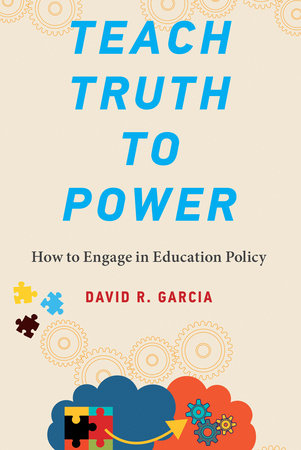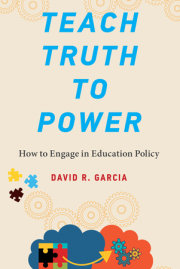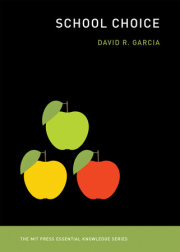Acknowledgments ix
1 Setting the Context 1
I The Shift 25
2 Who Sets Policy? 27
3 Politicians and Knowledge 45
4 Problems with Research 71
5 Research Use in Policymaking 97
6 Asked, Brought, Inside, Outside 117
II Learning the Craft 141
7 Build Relationships with Politicians Before they are Politicians 143
8 The Influence of Unexpected Allies 151
9 Leveraging the Research to Predict Policy Outcomes 159
10 From Practical Problems to The Ask 167
11 The Research One-Pager 179
12 Answers, Advocacy, Activism, and Frameworks 187
13 Teach to Champion 203
14 A Renewed Role for Academics 209
References 217
Index 233







